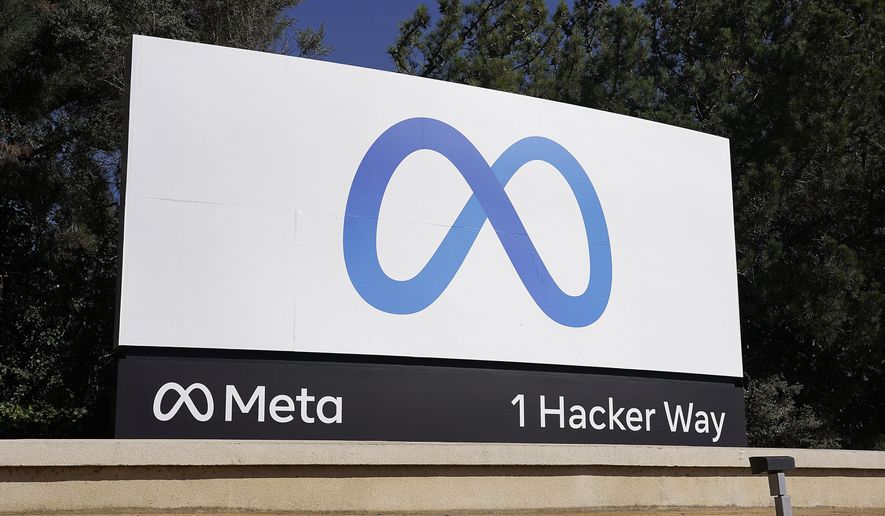A federal judge denied the Federal Trade Commission’s effort to prevent Meta from acquiring the virtual reality platform Within Unlimited, saying the federal government failed to prove that the Big Tech company’s acquisition would kill competition.
Judge Edward J. Davila scrapped the FTC’s effort to get the U.S. District Court for the Northern District of California to stop Meta’s acquisition and issued an order blocking Meta from closing the deal through Tuesday while the FTC decides whether to appeal.
The FTC, an independent agency led by one of President Biden’s appointees, is separately preparing to review the transaction at its in-house court next week.
The FTC alleged last year that Meta, the parent company of Facebook, had a virtual reality empire and sought to prevent Meta’s acquisition of Within Unlimited, which makes the virtual reality fitness app Supernatural.
Meta’s pursuit of Within represents a broader shift at the social media titan, which reorganized in 2020 under CEO Mark Zuckerberg’s plan to make “metaverse” products mainstream in five to 10 years. The metaverse business is particularly focused on augmented and virtual reality products.
Judge Davila wrote Friday in an order that it is not reasonably probable to conclude Meta would enter the market for virtual reality dedicated fitness apps if it did not acquire Within.
“Though Meta boasts considerable financial and VR engineering resources, it did not possess the capabilities unique to VR dedicated fitness apps, specifically fitness content creation and studio production facilities,” Judge Davila wrote. “As a VR platform developer, Meta can enjoy many of the promising benefits of VR fitness growth without itself intervening in the VR fitness app market.”
Meta celebrated the judge’s decision in a statement saying it looks forward to closing the transaction soon.
“We are pleased that the court has denied the FTC’s motion to block our acquisition of Within,” a Meta spokesperson said in a statement. “This deal will bring pro-competitive benefits to the ecosystem and spur innovation that will benefit people, developers, and the VR space more broadly.”
The judge’s decision deals a blow to the federal regulator’s efforts to crack down on Big Tech and puts FTC Chair Lina Khan in a critical position to decide whether to aggressively pursue Meta’s virtual reality business or turn her agency’s attention elsewhere.
A hearing on Meta’s acquisition in the FTC’s in-house case is set for Feb. 13, and the FTC does not appear eager to drop the case.
Meta petitioned the FTC for Ms. Khan to recuse herself from the case, and the FTC has decided that its leader does not need to do so.
“Chair Khan’s statements voicing her views about whether Facebook’s conduct violated the law in previous matters or indicating her support for government enforcement efforts do not warrant her disqualification,” the FTC said in an order.
The FTC declined to comment on Monday.
• Ryan Lovelace can be reached at rlovelace@washingtontimes.com.




Please read our comment policy before commenting.